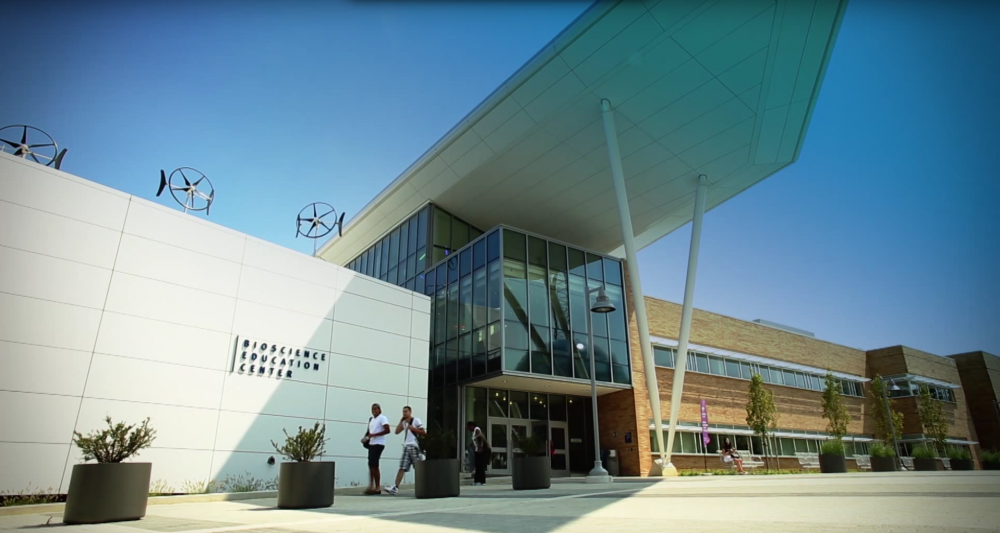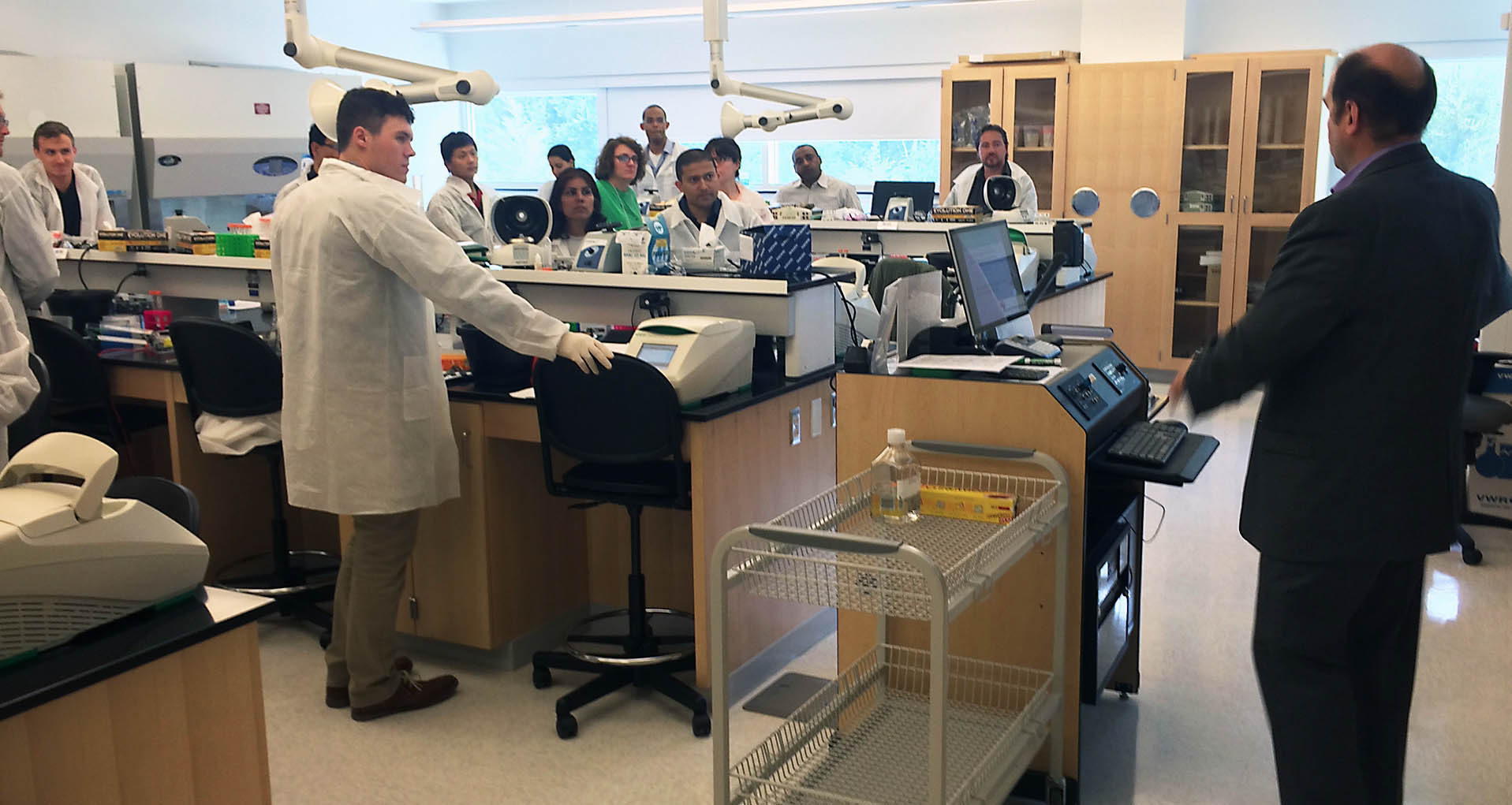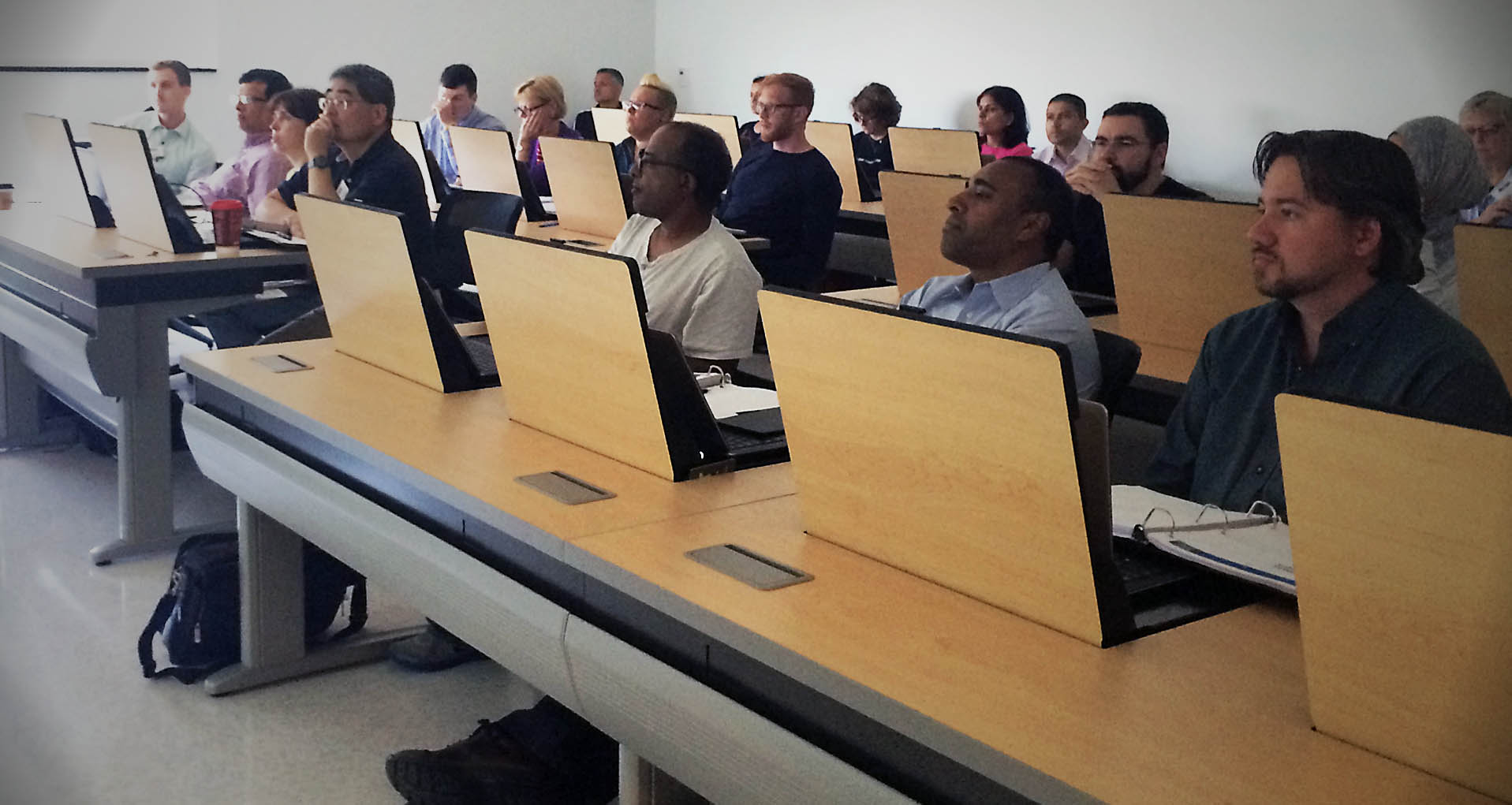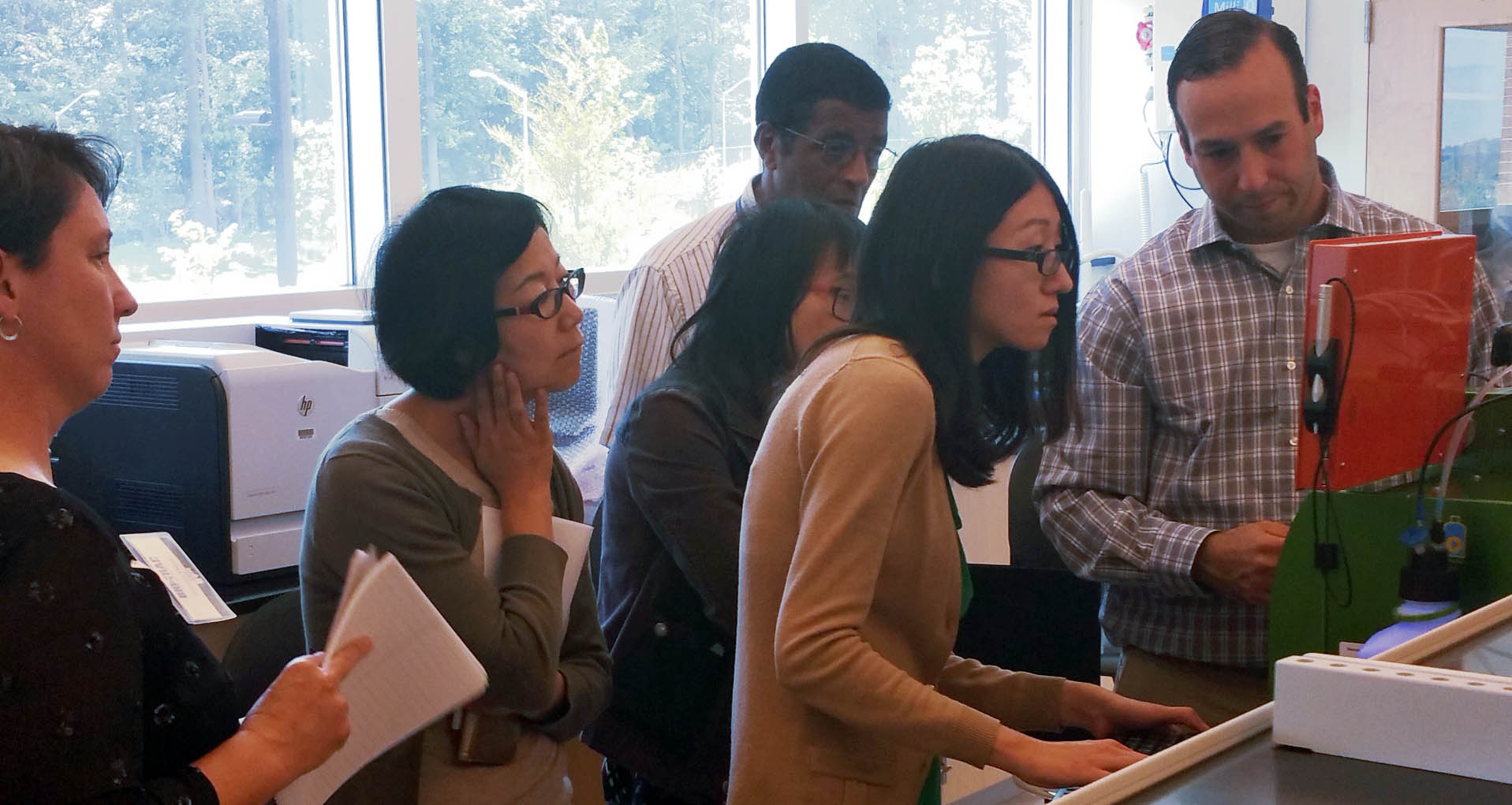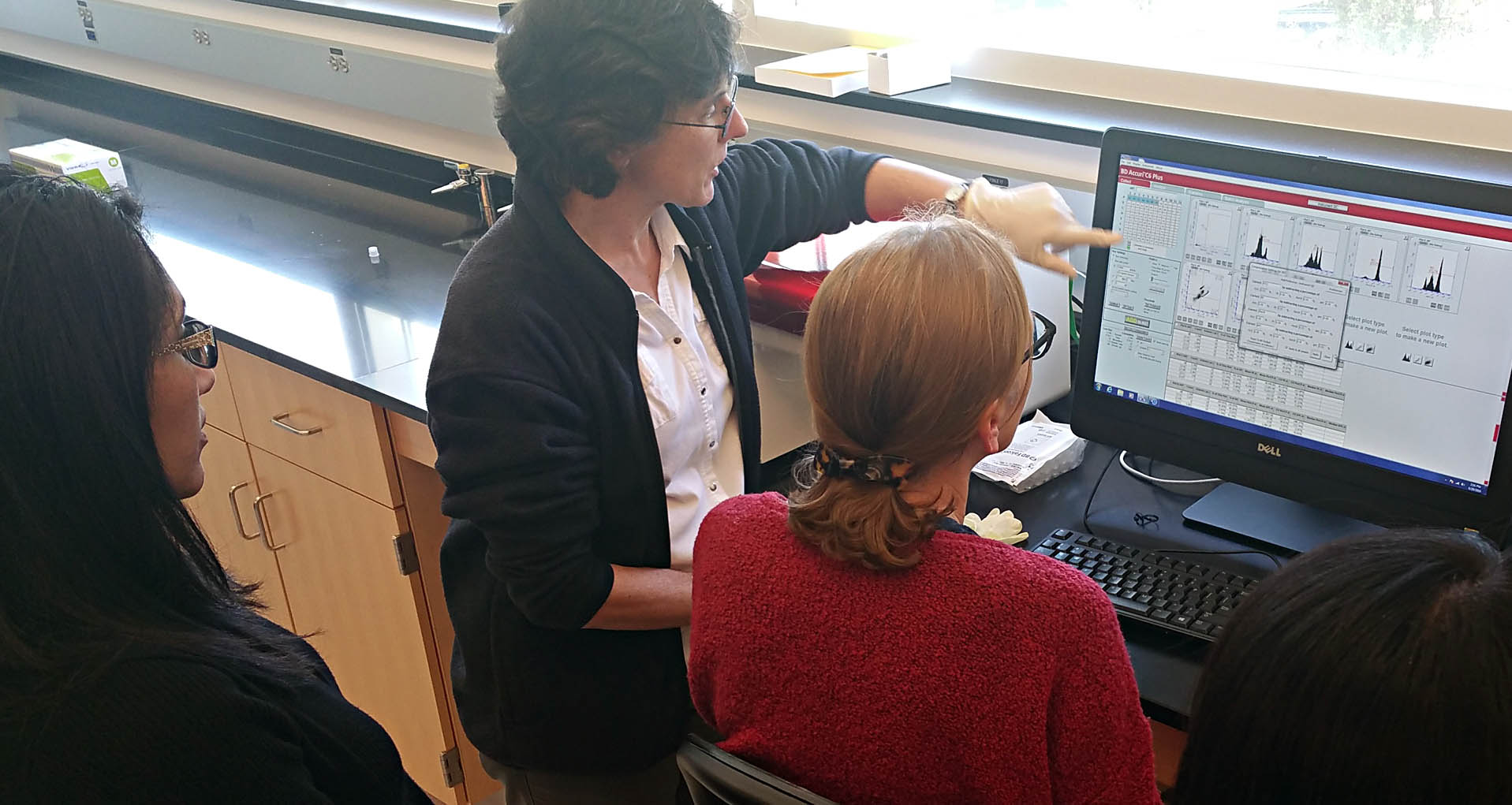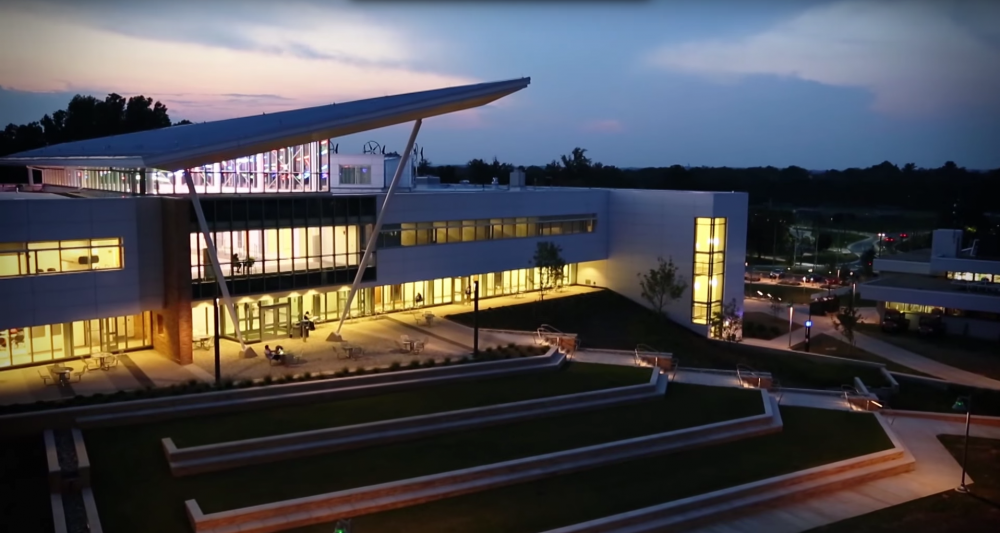TBD
Tuesday - Friday
9:00am-5:00pm
1 Hour Lunch Break
$995
Workshop Fee
This four-day live remote workshop is designed for researchers interested in the advances being made in the field of epigenetics. Team taught by active researchers, presentations will focus on the current state of histone modifications, DNA methylation and hydroxymethlation as well as wet lab training demonstrations on techniques currently used in epigenetic research.
Real-Time Interactive Lecture, Laboratory Protocol and Discussion |
|
 | Team taught by active researchers |
Lectures, Lab Protocols, Reference Materials included |
|
 | Space limited to 24 participants |
No Travel, Convenient and Cost Effective |
-
"It is well organized workshop. Instructors are knowledgeable and helpful. The course mainly focuses on DNA methylation and its related techniques. If it is the field you are interested in, I recommend this course."
Shale Lei
University of Nebraska Omaha
Advances in Epigenetics 1/17
-
"Amazing learning experience. I made new friend, learned new knowledge and made further collaborations. It was worth attending this workshop."
Dhananjay Gupta
University of Vermont
Advances in Epigenetics 1/17
-
"The instructors for the “Advances in Epigenetics” were outstanding."
Jim DeWille
Ohio State University
Advances in Epigenetics 1/17
-
"This is a very well organized program. Lectures always convey the most advanced knowledge and technologies. Hands-on practice is also very helpful. Highly recommend to colleagues in or out of NIH community."
Guangpu Shi, M.D.
Research Fellow, NEI/NIH
iPSC: Reprogramming, Differentiation and Gene Editing with CRISPR 8/16
-
"I highly recommend this course to someone who seek opportunities for epigenetics research and analysis. Presenters and lectures are very nice and experts in this field."
Bongsoo Park
Johns Hopkins School of Public Health
Advances in Epigenetics 1/17
-
"Bio-Trac offers wonderful workshops that provide up-to-date, useful technological information and knowledge important for my research applications."
Thuy Phung, MD, PhD
Baylor College of Medicine
NGS 10/16
Course Director

Joseph Bressler, Ph.D.
Research Scientist, Kennedy Krieger Institute
Advances in Epigenetics:
Lecture presentations will cover new advances being made in histone modifications, DNA methylation and hydroxymethlation. Lecturers will also provide the necessary foundation of information needed to conduct DNA methylation analysis using the Illumina and the Agilent SureSelect Methyl-Seq methodology platforms.
In the wet laboratory demonstrations, participants will review assays for analyzing histone modifications, DNA methylation by pyrosequencying, and hydroxymethyl cytosine. A hands-on computer laboratory session will also be given in which registrants will analyze the data generated from the Illumina platform using R.
Course Director
Dr. Joseph Bressler is a research scientist at Kennedy Krieger Institute. He is also an associate professor of environmental health sciences at the Bloomberg School of Public Health at Johns Hopkins University.
Dr. Bressler received his bachelor's of science degree in biology from the State University of New York at Stony Brook in 1973 and his doctoral degree in physiology from Rutgers University in 1978. His post-doctoral training at UCLA was in neurosciences, where he studied the involvement of glial cells in response to toxic agents. After his post-doctoral training, Dr. Bressler continued his studies on glial cells at the National Institutes of Health, Bethesda, MD. Dr. Bressler has been a research scientist at the Kennedy Krieger Institute since 1988.
Guest Lecturers and Lab Instructors
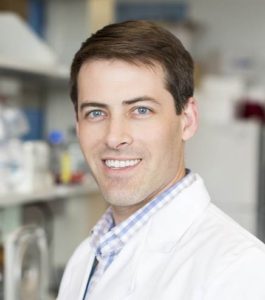 | Jonathan Coulter, Ph.D, MHS Dr. Coulter is a postdoctoral research fellow at the Sidney Kimmel Comprehensive Cancer Center at Johns Hopkins School of Medicine. He studied mechanisms of DNA demethylation resulting from exposures to environmental toxicants and cellular stress while completing his doctoral training. His interest in the Ten-eleven translocation methylcytosine dioxygenase enzymes and their roles in cellular responses to DNA damage led him to pursue postdoctoral training in radiobiology and radiation oncology. |
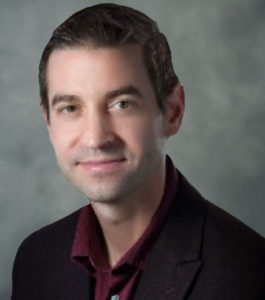 | Zachary A. Kaminsky, PhD Dr. Kaminsky is an Assistant Professor at Johns Hopkins University, School of Medicine, Department of Psychiatry. He developed a research program using genome-wide DNA methylation microarrays to study CNS and peripheral samples in PPD, suicide, and PTSD, generating some of the first and most widely replicating epigenetic biomarkers in psychiatry. His lab studies aim to understand the molecular epigenetic underpinnings of psychiatric phenotypes and to enable the generation of true “bench to bedside” translational findings. |
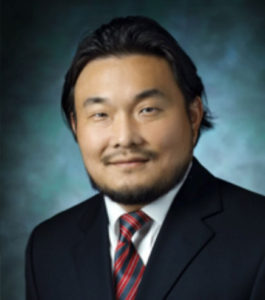 | Richard Lee, Ph.D. Dr. Lee is a Johns Hopkins University "lifer." He received his B.S. in Biomedical Engineering and a Ph.D. in Molecular Biology and Genetics at the Johns Hopkins University. Currently, he is an assistant professor in the Department of Psychiatry, and his main research interest is in elucidating the epigenetic mechanisms of the HPA axis and neuroendocrine hormones in the context of psychiatric disorders. |
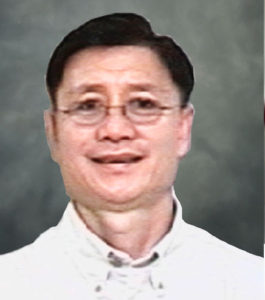 | Wayne Wei Yu, Ph.D. Dr. Yu is the research associate at Sidney Kimmel Cancer Center and manager of Experimental and Computational Genomics Core at Johns Hopkins Medical School. He has 13-year experience on analyses of large-set data generated from microarrays and bioinformatics. He previously worked at Gene Logic Inc. as senior scientist for 5 years. |
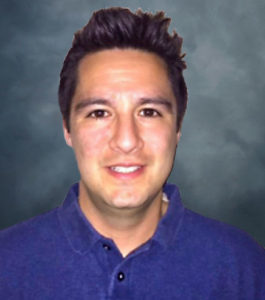 | Hernando Lopez-Bertoni, Ph.D. Dr. Lopez-Bertoni believes personalized medicine and molecular therapies are the future of medicine. His current focus is brain tumor biology and innovations in brain cancer treatment, studying the genetic and epigenetic (e.g. miRNAs and DNA methylation events) mechanisms involved in establishing and promoting brain tumor formation and understanding the contribution of stem-like cells to this process. The goal is to use this knowledge to develop new approaches that will ultimately impact diagnosis and treatment of brain cancer. |

